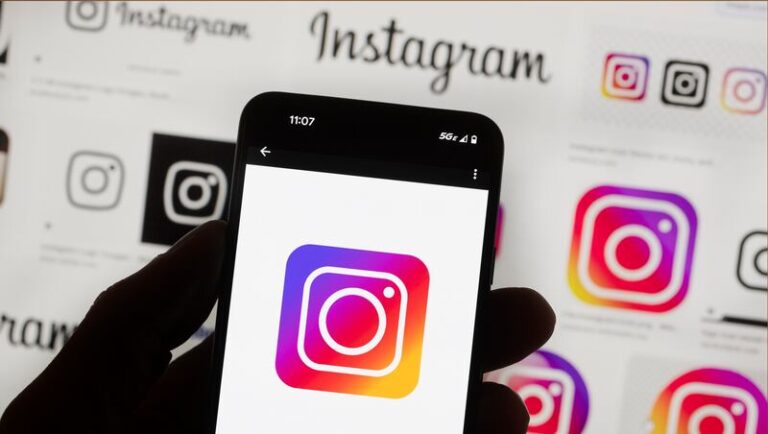Governor Spencer Cox signed the first bill in the Legislature on January 19th. The bill would delay the effective date of Utah's own social media law from March to October.
Throughout the remainder of the session, lawmakers worked to reform social media regulation laws through two bills.
Cox indicated that he believes these bills will protect children while withstanding legal scrutiny.
“These are still arguably the most powerful social media bills in the country,” Cox said. “And with the changes that have been implemented, we feel really, really confident in what we're doing. And we hope that it will withstand some of the judicial scrutiny that will come as we move forward with these cases. I believe it will be useful.”
In addition to the social media bill, the Utah Legislature also passed a bill regarding artificial intelligence-generated pornography and children's smartphone filters.
Utah social media laws
Sen. Mike McKell (R-Spanish Fork) and Rep. Jordan Teuscher (R-South Jordan) sponsored SB194, which would amend social media laws.
Under the bill, social media companies would be required to enable maximum default privacy settings for the accounts of Utah children. Requires verifying user age and providing monitoring tools that Utah minors can enable against their parents or guardians.
Social media companies would also be required to restrict direct messaging capabilities for minors in Utah. You can only send messages with connected accounts.
Mr. Teuscher and Sen. Kirk A. Cullimore, R-Draper, sponsored HB464, which established a private right of action and provided an affirmative defense for social media companies. This bill allows Utah children and their parents to file private lawsuits. Suitors would have to prove that the child was directly harmed by “excessive use of algorithmically-curated social media.”
Social media companies can also limit the use of content on algorithmically-curated children's accounts to three hours, and if they can prove that their parent or guardian consented to the child's account holder's use of the service. An affirmative defense is also established.
The bill rolled back some of the original measures included in the Social Media Regulation Act. Utah was sued by NetChoice and FIRE over the original restrictions.
artificial intelligence porn
Sen. Karen Kwan, D-West Valley City, sponsored SB66, which would amend the definition of false intimate images.
This bill simply adds one word, “generate,” to the existing Utah code. This language would expand the law to ensure it includes pornography generated by artificial intelligence.
Kwan told the committee during the session that the addition of the word was aimed at “closing potential loopholes in any new AI technology.”
phone filter
Sen. Todd Weiler (R-Woods Cross) sponsored SB104 this session. Earlier, the Utah Legislature passed a bill that would require smartphone companies to filter obscene content from children's phones. The bill's effective date depends on whether at least five other states pass similar legislation.
Weiler said the bill would set an effective date, although that hasn't happened yet. Now that it's passed, it will go into effect on January 1, 2025, once Cox signs it.
This filter prevents children from accessing obscene content through internet browsers and search engines. Adults can disable and re-enable filters. The bill also authorizes the Attorney General to bring civil actions against manufacturers who fail to comply with the bill.
contribution: bridger beer tsvetko


